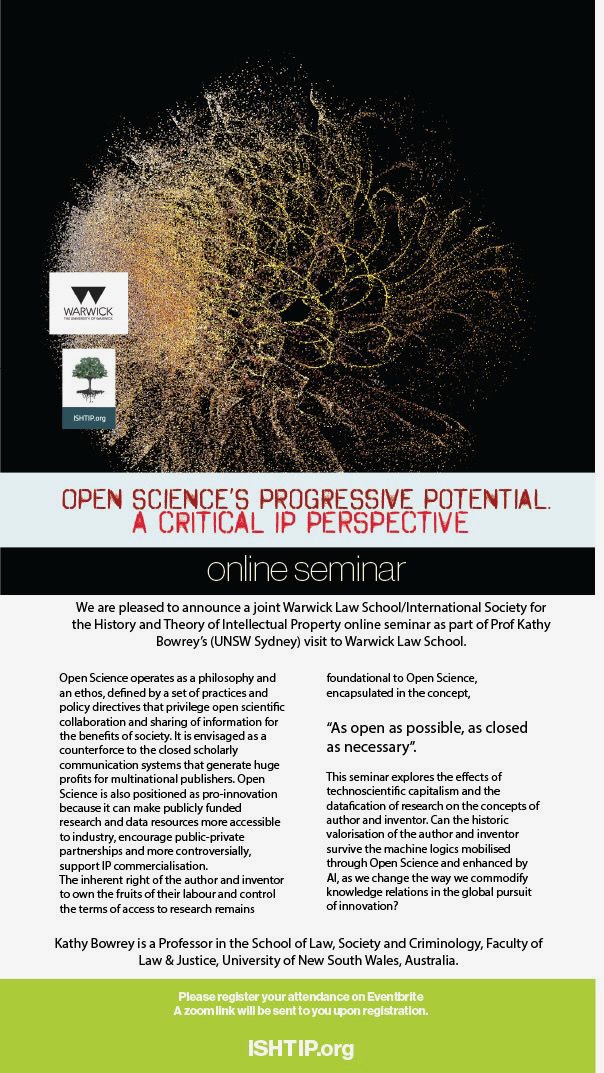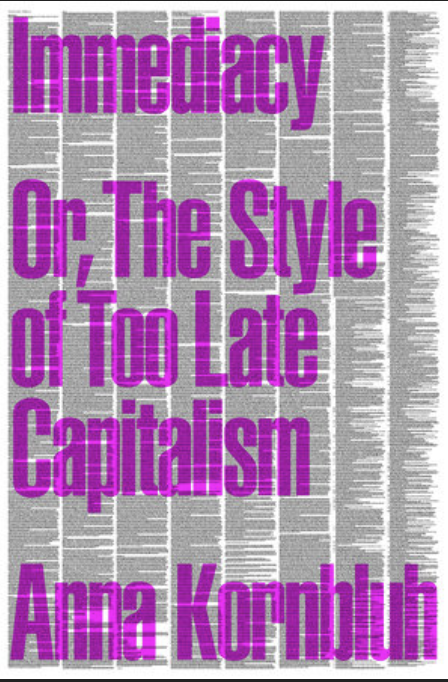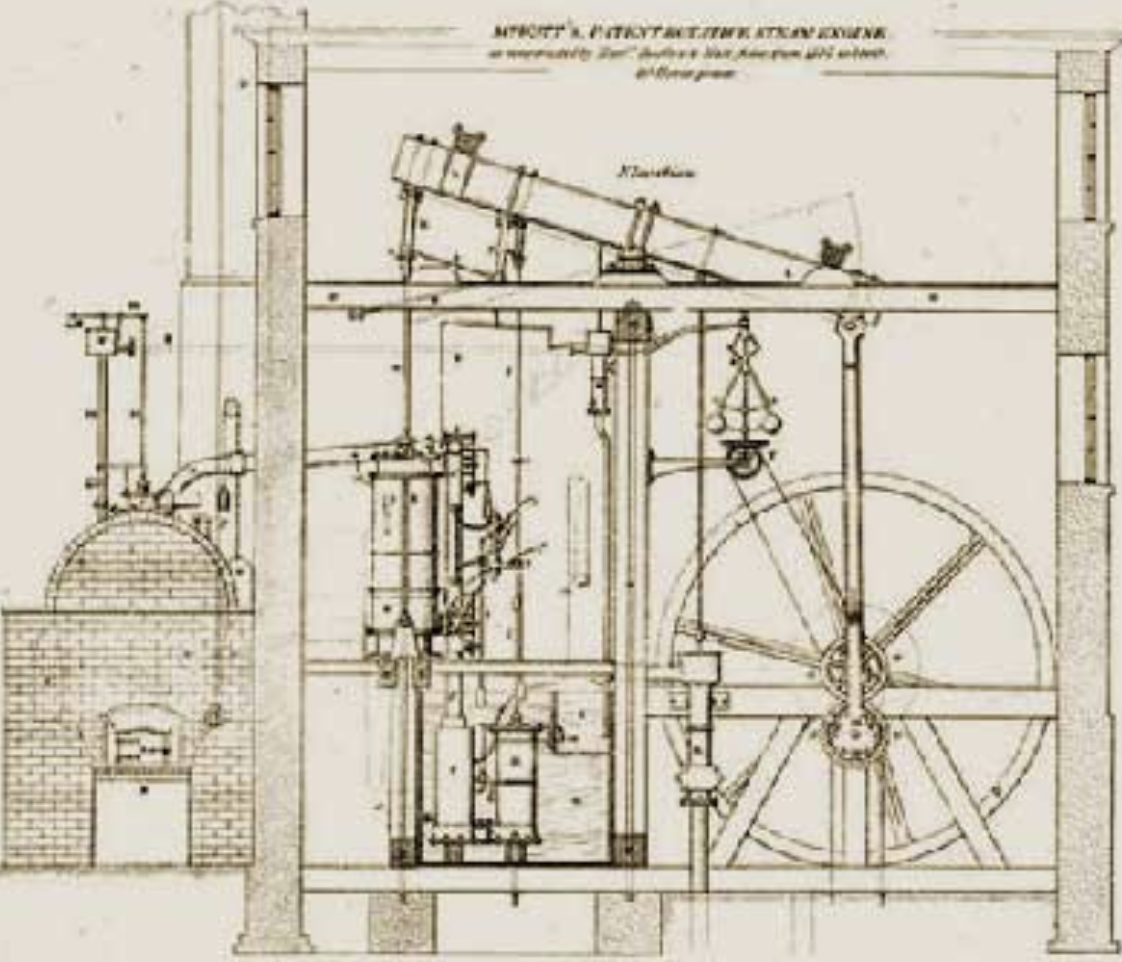Matthias Wießner,
“The German Democratic Republic (GDR) and the International Copyright Regime”
East German politicians had to decide if the 1949-founded GDR should continue to be a member of the Berne Convention. The occupying power, the Soviet Union, refused participation in the multilateral Berne Convention. This raised the question of whether the GDR should follow the Soviet example. But if the GDR wanted to join the world economic scene, intellectual property law was also necessary for cultural and business relations, namely book trade with foreign countries.
In 1955, the GDR government gave diplomatic notice that the Berne Convention was “again applicable”, thus reviving the membership of the former German Empire by choosing a policy contrary to the Soviet Union. On the basis of international non-recognition of the GDR and the “Hallstein Doctrine” of West-Germany, most members of the Berne Convention declined to acknowledge the GDR declaration. Neither did the international office of the Berne Convention accept an official member status of the GDR despite its formal policy concerning the extension of the geographical reach of the convention. As the GDR did not receive any recognition other than from members of the Soviet bloc, its existence as a state was hardly ever accepted in the eyes of international law until the “Ostpolitik” of Chancellor Willi Brandt led to normalization of relations between the two Germanies. It was in the 1970s that the GDR was slowly accepted by an increasing number of Convention members.
The internationalization of cultural goods and copyright forced GDR-politicians to think and act beyond a purely national perspective and short-term political interests. The western-dominated International Copyright Regime remained the ultimate reference, even for the GDR.





